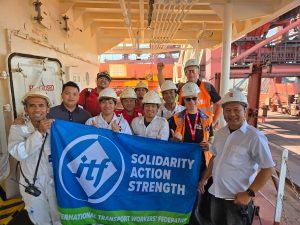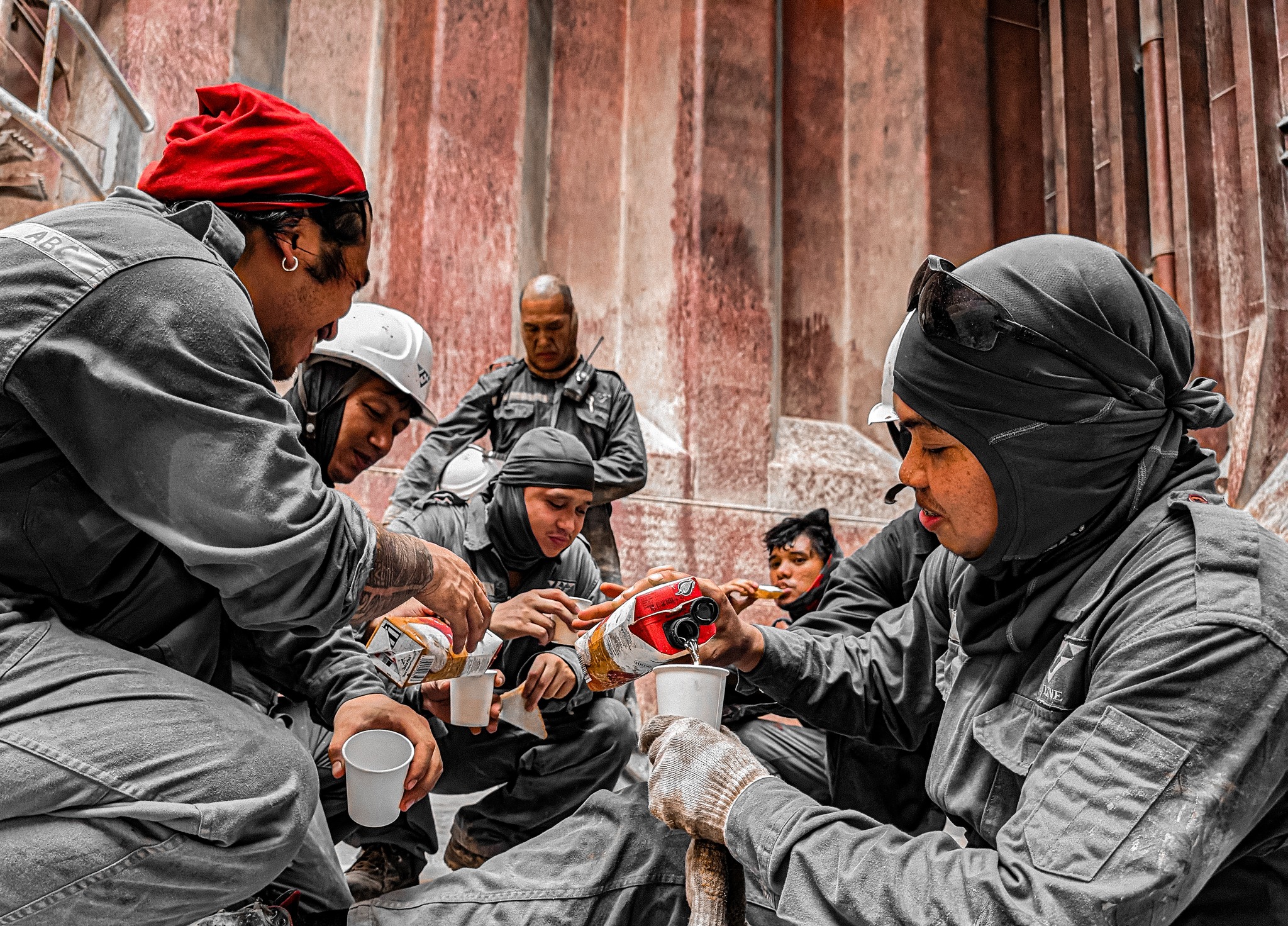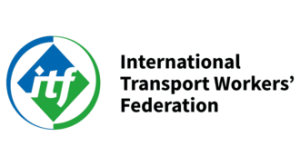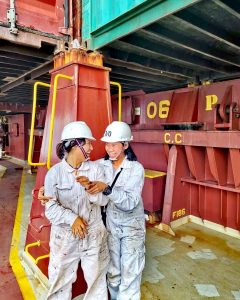The International Transport Workers’ Federation (ITF) is a global union federation that represents millions of transport workers across various sectors, including maritime, aviation, railways, road transport, and urban transit. Founded in 1896, the ITF has a long and storied history of advocating for the rights of transport workers, promoting fair working conditions, and ensuring the well-being of workers worldwide. This article provides an in-depth look at the ITF’s mission, structure, key areas of focus, and the challenges and opportunities it faces in today’s rapidly changing world.
Mission and Goals
The ITF’s primary mission is to protect and improve the conditions of transport workers globally by promoting their rights to fair wages, decent working conditions, and freedom of association. The federation operates on the principle of international solidarity, recognizing that transport is a global industry that requires a collective response to address the unique challenges faced by workers.
The ITF’s core goals include:
- Ensuring fair wages and decent working conditions for transport workers.
- Supporting the right to unionize and collective bargaining.
- Promoting safety and security for workers across all transport sectors.
- Advocating for workers’ rights in the face of changing technologies and environmental challenges.
- Fighting against exploitation, such as the use of Flags of Convenience (FOC) in the shipping industry, which allows companies to circumvent labor laws.
Structure of the ITF
The ITF is a democratic organization comprising over 670 trade unions in 150 countries, representing more than 20 million transport workers globally. Its headquarters are in London, but it operates through regional offices around the world. The ITF is governed by an executive board, which is elected by member unions at the ITF Congress held every four years. This congress serves as the primary decision-making body of the ITF, where members gather to set policies and discuss key issues affecting transport workers.
The ITF’s work is divided into five main transport sectors:
- Maritime – Representing seafarers, dockworkers, and maritime workers, addressing issues such as seafarers’ welfare, safety, and piracy.
- Aviation – Protecting the rights of pilots, cabin crew, and ground staff while addressing the challenges posed by privatization and deregulation in the aviation industry.
- Road Transport – Representing drivers and road transport workers who face issues like low wages, poor working conditions, and long hours.
- Railways – Advocating for railway workers facing privatization, safety concerns, and job security.
- Urban Transport – Supporting workers in public transportation services such as buses, trams, and subways.
Key Areas of Focus
1. Maritime and Seafarers’ Rights
One of the ITF’s most significant areas of involvement is the maritime industry, particularly the fight against Flags of Convenience (FOC). FOCs allow shipowners to register their vessels in countries with lax labor laws and regulations, which can lead to exploitation of seafarers, substandard wages, and unsafe working conditions. The ITF has been at the forefront of combating this practice through its FOC Campaign, which seeks to hold shipowners accountable for providing fair treatment and decent wages to their crew members, regardless of where the ship is registered.
The ITF works closely with national unions and organizations like the International Maritime Organization (IMO) and the International Labour Organization (ILO) to ensure seafarers are protected under international labor laws, including the Maritime Labour Convention (MLC) 2006. The ITF also runs inspection programs at ports to monitor FOC vessels and ensure compliance with labor standards.

2. Aviation Sector
The ITF supports workers in the aviation sector, addressing the challenges posed by liberalization, deregulation, and the increasing dominance of low-cost airlines. These developments often lead to precarious employment conditions, outsourcing, and the erosion of workers’ rights. The ITF advocates for the fair treatment of aviation workers, safety standards, and decent work conditions, pushing for global standards through the International Civil Aviation Organization (ICAO).
3. Road Transport and Logistics
Road transport is another key area where the ITF fights for better working conditions. Truck drivers and other road transport workers often face long hours, low wages, and poor safety conditions. The ITF campaigns for improvements such as better wages, regulation of working hours, and improved road safety for drivers. It also focuses on eliminating the exploitation of drivers in global supply chains and ensuring decent working conditions for all logistics workers.
4. Women Transport Workers
The ITF is committed to promoting gender equality in the transport sector, where women often face discrimination, unequal pay, and limited opportunities. The ITF Women’s Committee was established to address these issues, ensuring that gender considerations are part of all union policies and advocating for women’s rights across all transport sectors. The ITF works to eliminate harassment and violence against women at work, providing training and education to unions to support women transport workers.
5. Future of Work: Automation and Digitalization
As the transport industry embraces automation and digital technologies, the ITF is at the forefront of addressing the impact these changes will have on workers. Automation poses the risk of job displacement, especially in sectors like shipping and logistics, where autonomous vessels and vehicles could reduce the need for human labor. The ITF advocates for policies that protect workers during this transition, ensuring that job losses are minimized and workers are retrained for new roles created by technological advancements.
The federation also pushes for the ethical use of digital technologies in transport, ensuring that these innovations enhance workers’ lives rather than reduce their rights and job security.
6. Environmental Sustainability and Workers’ Rights
With the global push towards sustainable transportation, the ITF plays a key role in ensuring that transport workers are not left behind in the transition to greener practices. The ITF advocates for a just transition, where workers receive proper support and training as industries shift towards environmentally friendly technologies, such as electrification of transport and the use of renewable fuels in shipping.
International Influence and Collaboration
The ITF works closely with other international organizations, including the International Labour Organization (ILO), the United Nations (UN), and the International Maritime Organization (IMO), to shape global labor standards and policies. It is an active voice in discussions on workers’ rights, safety standards, and economic policies that affect transport workers.
The ITF also collaborates with national governments and regional bodies to strengthen labor rights and union representation. This international reach enables the ITF to have a significant influence on policy decisions that impact millions of workers globally.
Challenges Facing the ITF
Despite its strong influence, the ITF faces several challenges in its mission to protect transport workers:
- Globalization and Deregulation: The increasingly global nature of the transport industry and the push for deregulation make it difficult to enforce labor standards consistently across countries.
- Technological Disruption: Automation, artificial intelligence, and digital platforms are transforming the transport industry, often displacing workers or creating precarious gig-economy jobs with little security.
- Climate Change: The shift towards sustainable transport requires careful balancing of environmental goals with workers’ rights, ensuring that job losses are managed and retraining opportunities are provided.
- Social and Political Pressures: In some regions, political instability, corruption, and economic inequality exacerbate the exploitation of workers, making it challenging for unions to organize and push for improvements.
Opportunities for the ITF
While challenges remain, the ITF has several opportunities to continue championing workers’ rights:
- Leveraging Technology: By embracing digital platforms for organizing and communication, the ITF can reach more workers and mobilize global solidarity campaigns more efficiently.
- Greener Transport Initiatives: The transition to green energy in transport opens the door for the ITF to advocate for new, safer, and higher-paying jobs for workers in these emerging sectors.
- Expanding Global Influence: By continuing to engage with international bodies and national governments, the ITF can shape the future of labor laws and workers’ rights on a global scale.
The International Transport Workers’ Federation (ITF) remains a vital force in protecting and advancing the rights of transport workers around the world. Through its tireless advocacy, international solidarity, and commitment to fair and decent working conditions, the ITF plays a crucial role in shaping the future of work in the transport industry. As global trends such as automation, climate change, and deregulation continue to impact workers, the ITF’s role in defending their rights and ensuring their voices are heard has never been more important.



